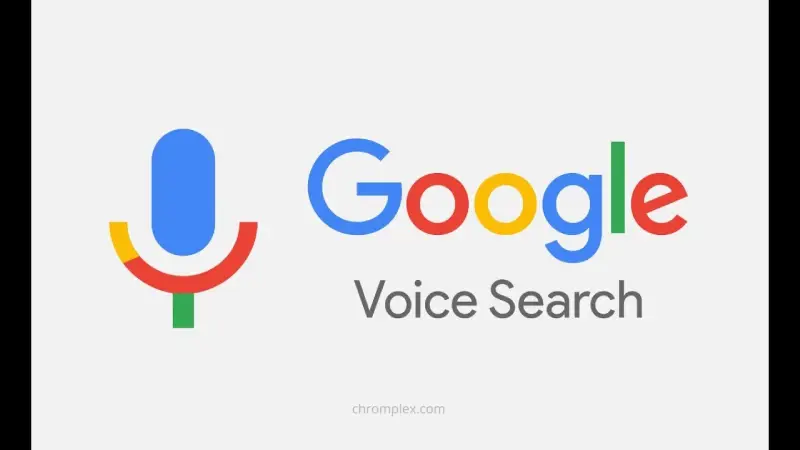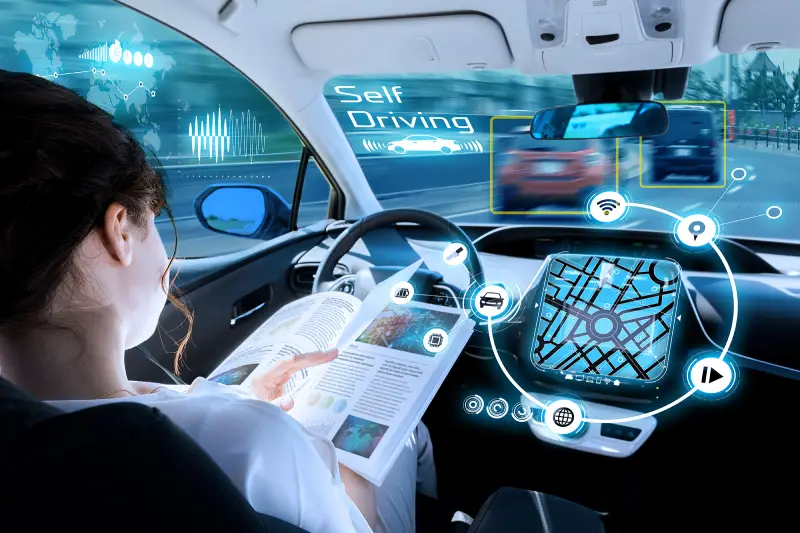Introduction: The AI Revolution in Digital Marketing
Artificial Intelligence (AI) has become the backbone of digital marketing in 2025, revolutionizing how businesses connect with their audiences. No longer a futuristic concept, AI is now a practical tool that enhances efficiency, personalization, and decision-making. From small startups to global enterprises, brands are leveraging AI to analyze data, predict trends, and deliver tailored experiences.
For example, Netflix uses AI to recommend shows based on user preferences, while Amazon employs it to suggest products customers are likely to buy. These applications highlight how AI is not just a trend but a necessity for staying competitive. By automating repetitive tasks and providing actionable insights, AI allows marketers to focus on creativity and strategy. In this guide, we’ll explore how AI is reshaping digital marketing, offering real-world examples and actionable insights to help you harness its power.

AI-Powered Personalization: Enhancing Customer Experience
In 2025, customers expect more than generic interactions—they want experiences tailored to their preferences, behaviors, and needs. AI makes hyper-personalization possible by analyzing vast amounts of data in real-time, enabling brands to deliver highly customized experiences that resonate with their audience.
Dynamic Content Personalization
AI allows websites to adapt content dynamically based on user behavior. For instance, Spotify uses AI to create personalized playlists like “Discover Weekly,” which curates songs based on a user’s listening history. Similarly, eCommerce platforms like Amazon display products a customer has previously viewed or recommend items based on their browsing history. This level of personalization not only enhances user experience but also boosts conversion rates by making customers feel understood and valued.
Predictive Analytics
AI doesn’t just react to customer behavior—it predicts it. For example, Starbucks uses AI to analyze purchase patterns and suggest new products through its mobile app. By anticipating customer needs, brands can proactively engage users, increasing loyalty and satisfaction.
Chatbots and Virtual Assistants
AI-powered chatbots and virtual assistants provide instant, 24/7 customer support. For instance, Sephora’s chatbot on Facebook Messenger helps users find products, book appointments, and get beauty tips. These tools improve customer satisfaction while freeing up human agents to handle more complex tasks.
AI in Content Creation and Optimization
Content remains the backbone of digital marketing, but creating high-quality, engaging content at scale can be challenging. AI is stepping in to revolutionize content creation, making it faster, smarter, and more effective.
SEO-Optimized Content
AI tools like Surfer SEO analyze search trends and recommend keywords to help your content rank higher on search engines. For example, a travel blog using AI can identify trending keywords like “best budget travel destinations 2025” and optimize its content accordingly. This dual focus on quality and relevance helps businesses attract more organic traffic.
Automated Content Generation
AI-powered tools like Jasper and Writesonic can generate blog posts, social media captions, and product descriptions in seconds. For instance, The Washington Post uses an AI tool called Heliograf to write news articles, freeing up journalists to focus on in-depth reporting.
A/B Testing and Optimization
AI runs A/B tests on different versions of your content to identify what resonates most with your audience. For example, an eCommerce brand might test two versions of a product description to see which one drives more sales. This data-driven approach maximizes engagement and conversion rates.

Voice Search and AI-Driven SEO
Voice search is no longer a novelty—it’s a necessity. With the rise of smart speakers and voice-activated devices, optimizing for voice search is crucial for staying competitive in 2025.
Conversational Keywords
When people use voice search, they tend to speak in full sentences rather than typing short phrases. For example, instead of searching for “weather New York,” they might ask, “What’s the weather like in New York today?” AI helps marketers identify these conversational keywords and incorporate them into their content.
Featured Snippets Optimization
Voice assistants often pull answers from featured snippets—those concise, highlighted results at the top of search engine pages. For instance, a recipe blog using AI can structure its content to appear as a featured snippet when users ask, “How do I make chocolate chip cookies?”
Voice-Activated Shopping
AI makes voice-activated shopping a reality by optimizing eCommerce platforms for voice search. For example, Walmart’s voice shopping feature allows customers to reorder groceries by simply speaking to their smart devices. This seamless, hands-free shopping experience enhances convenience and drives sales.
AI in Social Media Marketing
Social media is a cornerstone of digital marketing, and AI is taking it to the next level. From content creation to audience analysis, AI is helping brands maximize their social media impact.
AI-Generated Social Content
Consistency is key on social media, but creating posts day after day can be time-consuming. For example, tools like Buffer and Hootsuite use AI to automate post creation, ensuring your content is always fresh and relevant. They can even suggest the best times to post based on your audience’s activity.
Audience Insights and Predictive Trends
AI doesn’t just tell you what’s happening—it predicts what’s coming next. For instance, TikTok’s algorithm uses AI to analyze user behavior and predict trending videos, helping creators stay ahead of the curve.
Chatbots for Social Media
AI-powered chatbots aren’t just for websites—they’re also transforming social media. For example, H&M’s chatbot on Kik helps users find outfits by asking a series of style-related questions.
Programmatic Advertising and AI-Powered PPC
Paid advertising is becoming smarter, thanks to AI. Programmatic advertising and AI-powered PPC campaigns are more efficient, targeted, and cost-effective than ever before.
Real-Time Bidding (RTB)
AI automates the process of buying and selling ad space, ensuring your ads are displayed to the right audience at the right time. For example, a travel brand might use RTB to target users searching for last-minute flight deals.
Audience Targeting and Retargeting
AI analyzes user behavior to identify the most relevant audiences for your ads. For instance, a fitness brand might retarget users who abandoned their shopping carts with personalized ads for workout gear.
Ad Performance Optimization
AI continuously monitors ad performance and makes adjustments in real-time. For example, if an ad isn’t performing well, AI might tweak the copy or adjust the bid amount to improve results.
AI and Email Marketing Automation
Email marketing remains one of the most effective ways to reach customers, and AI is making it even better. From segmentation to personalization, AI is transforming how brands connect with their audiences via email.
Smart Segmentation
AI analyzes user behavior to segment your email list into highly targeted groups. For example, a fashion retailer might send personalized emails featuring winter coats to customers in colder regions and summer dresses to those in warmer climates.
Automated Drip Campaigns
AI-powered drip campaigns send the right message at the right time. For instance, a SaaS company might use AI to send a series of onboarding emails to new users, ensuring they get the most out of the product.
Email Subject Line Optimization
The subject line is the first thing recipients see, and AI can help you make it count. For example, an AI tool might test two subject lines—one with a question and one with a statistic—to see which one drives more opens.

AI for Enhanced Data Analysis and Consumer Insights
Data is the backbone of digital marketing, and AI is making it easier than ever to analyze and interpret. By turning raw data into actionable insights, AI helps marketers make smarter decisions.
Sentiment Analysis
AI monitors customer feedback, social media conversations, and online reviews to gauge how people feel about your brand. For example, a restaurant chain might use sentiment analysis to identify common complaints and improve its menu.
Predictive Customer Behavior
AI doesn’t just tell you what’s happening—it predicts what’s coming next. For instance, a subscription box service might use AI to forecast which customers are likely to cancel their subscriptions and offer them incentives to stay.
Competitor Analysis
AI-driven tools track your competitors’ strategies, from their social media activity to their advertising campaigns. For example, a beauty brand might use AI to analyze a competitor’s product launches and adjust its own strategy accordingly.
The Future of AI in Digital Marketing
As AI continues to evolve, its impact on digital marketing will only grow. Here are a few trends to watch in the coming years:
- AI-Generated Video Content: Video is one of the most engaging forms of content, and AI is making it easier to create. For example, tools like Pictory can turn blog posts into videos in minutes.
- Virtual Reality Marketing: AI is paving the way for immersive VR experiences. For instance, IKEA’s VR app lets customers visualize how furniture will look in their homes.
- AI-Driven Influencer Marketing: AI can identify the most relevant influencers for your brand and even predict the ROI of influencer partnerships.
Conclusion
Artificial Intelligence is no longer a luxury—it’s a necessity for businesses looking to thrive in the digital age. From personalized customer experiences to data-driven decision-making, AI is transforming every aspect of digital marketing. By embracing AI, brands can stay ahead of the competition, deliver exceptional customer experiences, and maximize their ROI.
The future of digital marketing is here, and it’s powered by AI. Are you ready to unlock its potential?

